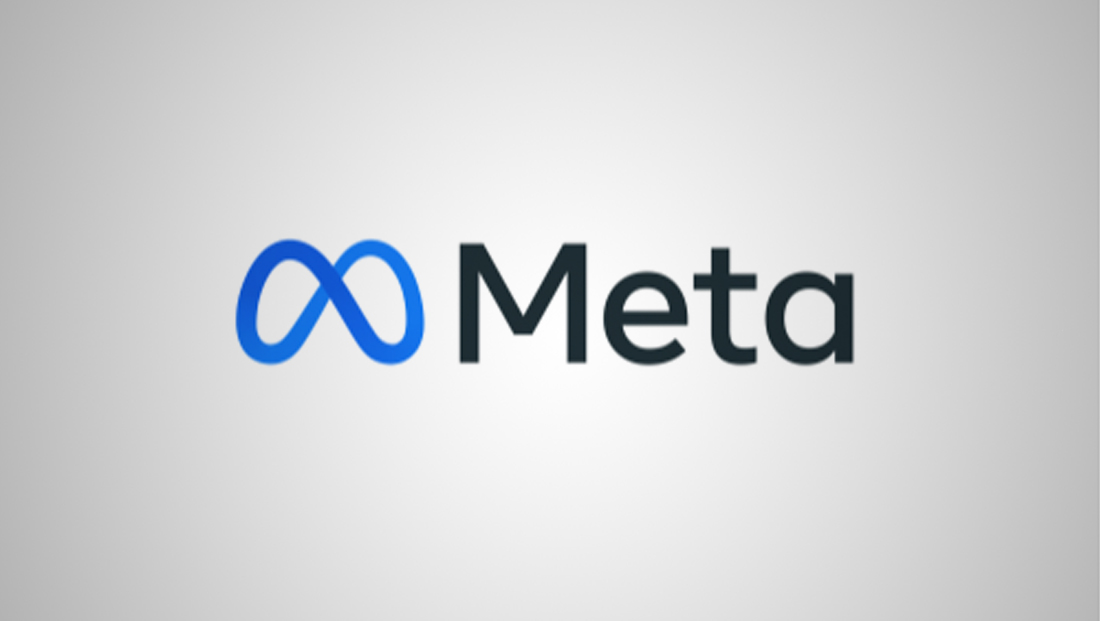Facebook to stop paying digital publishers for views via news tab
By MixDex Article may include affiliate links

In what could be a major blow to large digital news properties, Facebook parent Meta announced plans to stop paying select publishers featured in the “News” tab of the social network for views of their content.
The company’s vice president of media partnerships and former NBC and CNN anchor Campbell Brown told The Wall Street Journal that the company would be redirecting resources to “creative initiatives” rather than “news products.” It was not immediately clear what those initiatives are.
The deals with publishers started back in 2019. It is estimated that those deals were worth around $105 million, according to Axios.
Meta told Axios that the news effort was a “test” and that, according to its data, “Most people do not come to Facebook for news, and as a business it doesn’t make sense to over-invest in areas that don’t align with user preferences.”
Sources told Axios that The Wall Street Journal had generated over $10 million in revenue from the effort, with CNN getting $3 million and The New York Times coming in at $20 million. In some cases, Facebook made it possible for its users to view content placed behind a paywall on the publishers’ websites but then paid the publishers small amounts for each time the story was viewed.
The changes will not affect news publishers’ abilities to post links to stories on their profiles and potentially appear in users’ feeds, but those being dropped will no longer appear in the news tab or be eligible for revenue directly from Facebook.
This could potentially mean that digital publishers would need to make up revenue via on-site advertising, which is not always as lucrative as bundled deals such as what Meta was paying. In addition, Facebook’s proprietary algorithm could affect how often news story links appear in users’ feeds, potentially adding another layer that could reduce traffic to free news sites and, therefore, affecting ad revenue.
Facebook has come under fire for its revenue share model and its role in distributing misinformation about everything from COVID-19 to the 2020 election to conspiracy theories, often on sites masquerading as news sites, though it did not make it a practice to pay publishers offering blatant misinformation.
Some governments have begun scrutinizing how big tech pays publishers for accessing digital content — including passing rules that would require Meta and others to start paying publishers for featuring content in the news tab, so this latest shift in strategy could be a sign that feature will be cut back significantly. Some regulators see Google, Facebook and other companies’ as being dominant in not only how digital content is discovered but also in funneling away ad revenue from the publishers themselves.
Google also has a program that places ads on publisher’s sites in exchange for splitting the revenue, so it has its hands in both buckets.
As part of its name change to Meta, Facebook’s parent is publicly attempting to shift the company’s focus to the metaverse, though industry watchers have theorized that this could be an attempt to reduce regulatory pressure (though controversy over big tech’s control of the metaverse is already brewing).
Popular Searches
- TV Industry News
- Broadcast Engineering News
- Broadcast Design News
- TV Talk Shows
- TV Syndication
- TV Advertising
- TV News Jobs
- TV Industry Mergers and Acquisitions
- TV Anchors
- Cable News
- Late Night TV
- TV Syndication News
- Broadcast Industry News
- TV News Drone Journalism
- TV News Augmented Reality
- TV Weather Forecasting
- TV News Journalism
- TV News Ethics
- OTT News
- News About NBC
- News About CBS
- News About ABC
- News About CNN
- News About MSNBC
- News About Fox News

